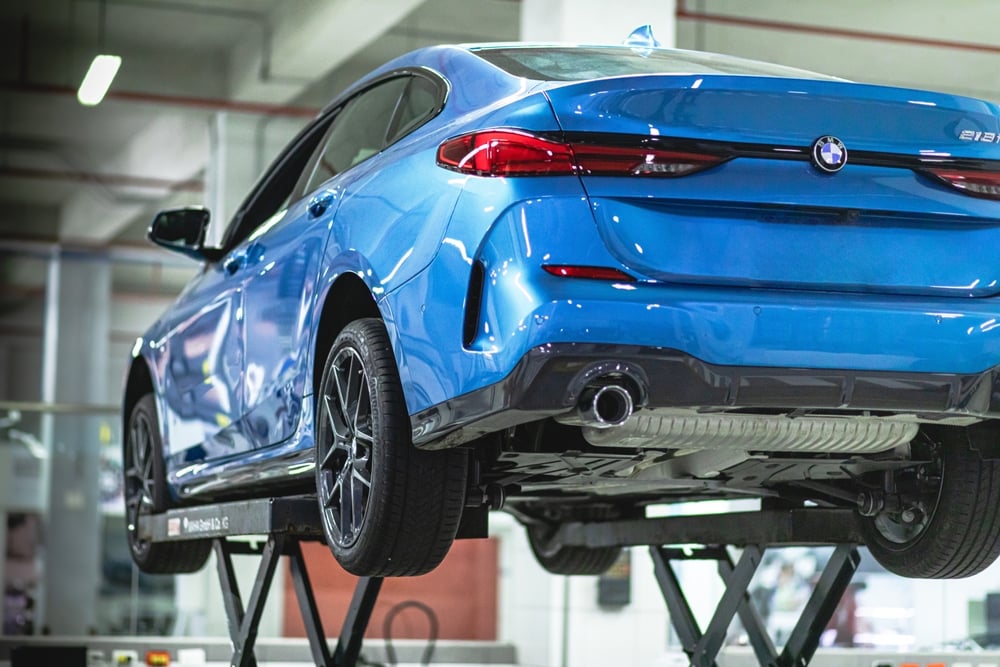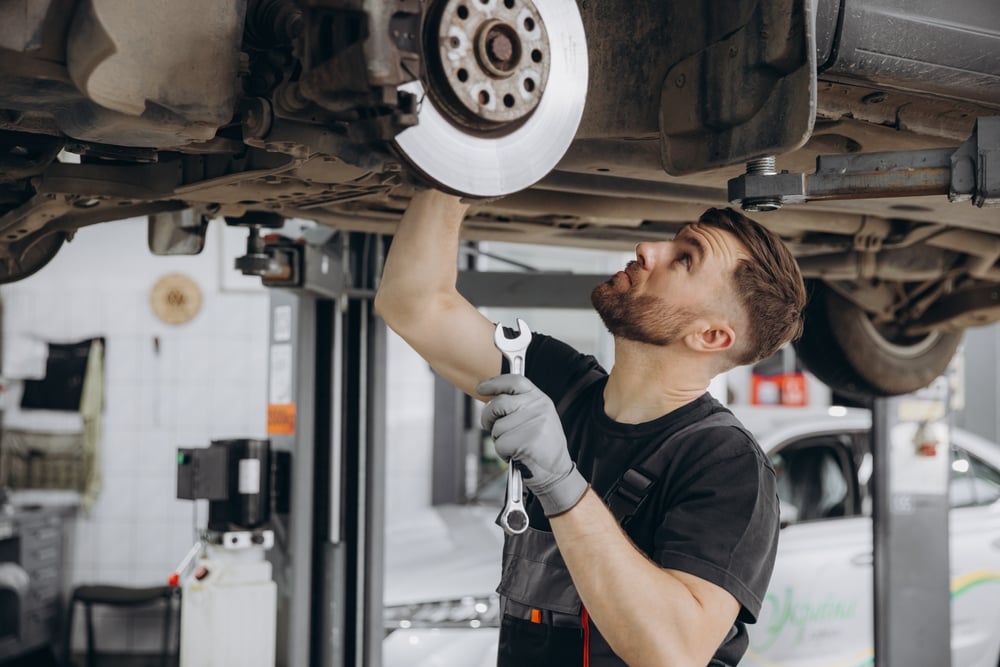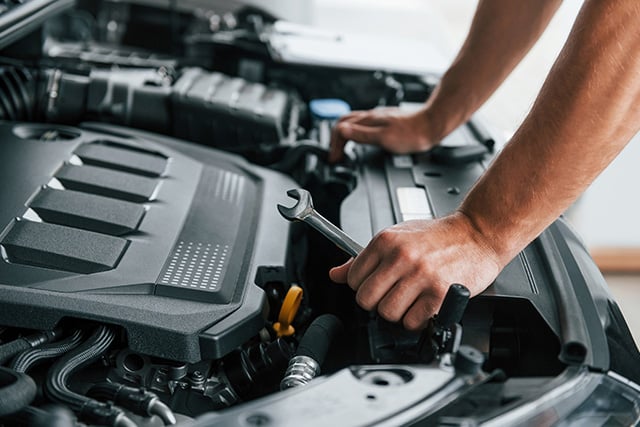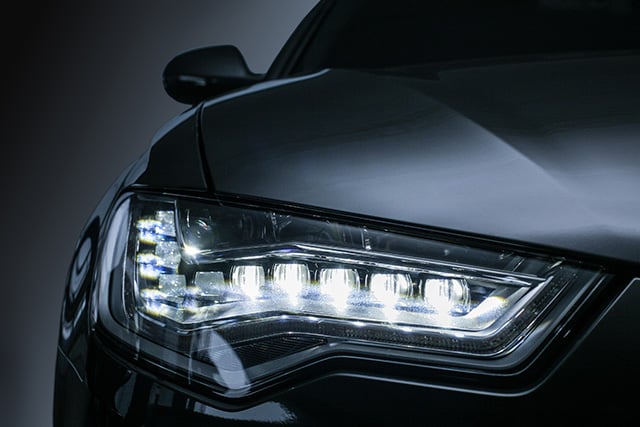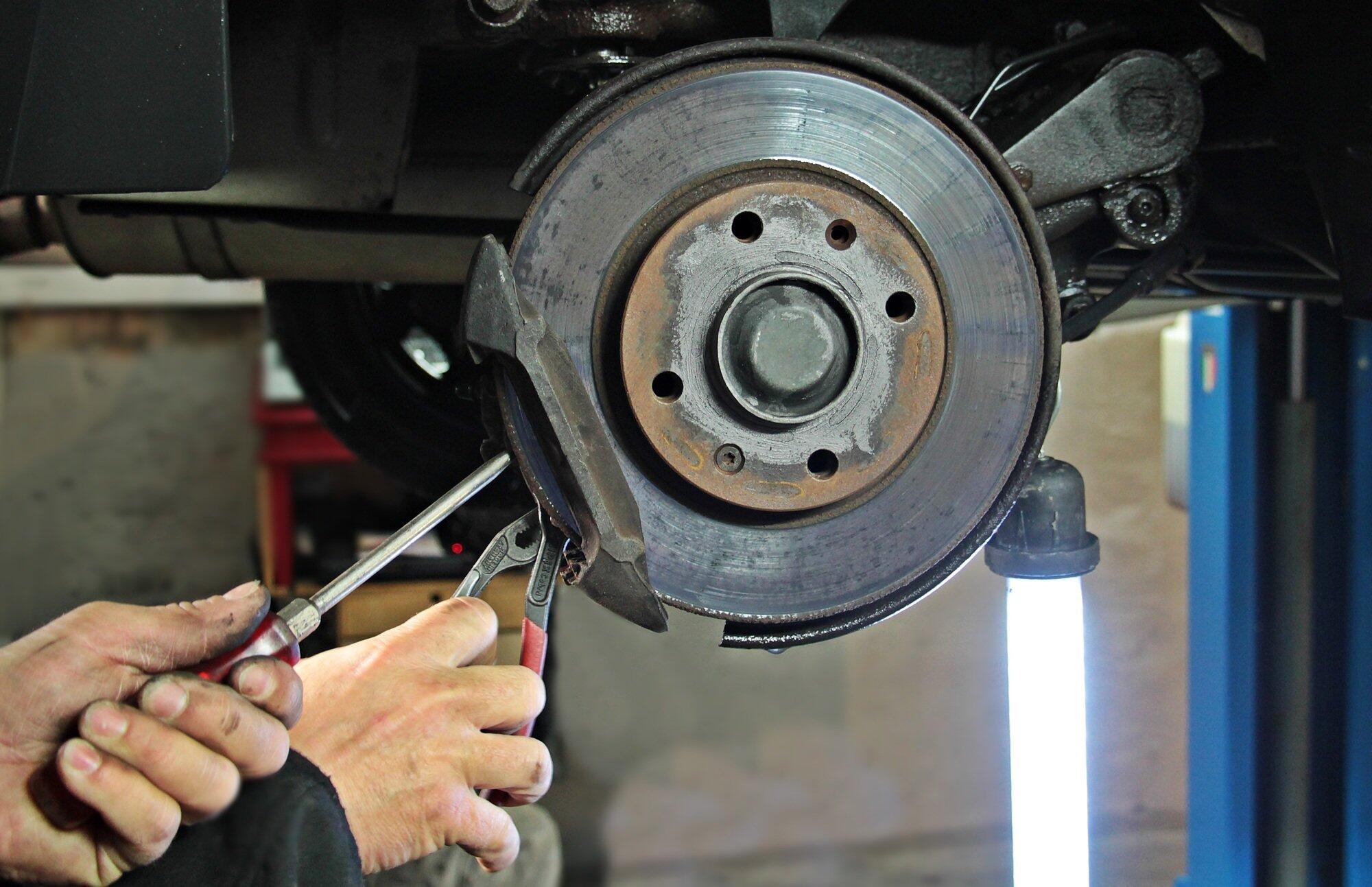
According to a study published in PubMed Central, previous research associated vehicle defects with 2% of the surveyed 5,470 motor vehicle crashes. Of these defect-related incidents, 22% involved brakes.
All those stats and figures should be enough to make you beware of worn brakes in your European car, whether it’s a BMW, an Audi, or an Aston Martin. If you notice any signs that your ride’s braking system is in disrepair, don’t risk it or your safety. Instead, research “brake repair near me” as soon as possible.
In this guide, the expert team of European automotive repair specialists at Rennstahl will share insights into brake repair. Read on to discover why it’s vital for your safety and common repairs you should be aware of.
Safety Risks That Faulty Car Brakes Pose
Always remember that your European car’s brakes are the primary mechanism for slowing down and stopping the vehicle. Without fully functional brakes, you can lose control of your car.
Malfunctioning automotive brakes in your car pose significant safety risks by:
- Reducing braking efficiency
- Increasing the stopping distance
- Making skidding more likely
- Resulting in complete brake failure
Let’s dive into each of these dangers of faulty brakes in more detail.
Reduced Braking Efficiency
When your European car’s brake pads wear down, their ability to generate friction against the brake disks decreases. You’d need to apply more pressure on the brake pedal to achieve the same stopping force. If you don’t, your vehicle will fail to slow down and stop on time, and you could crash into whatever is in front of you.
Faulty brakes with worn or damaged brake discs can also perform poorly, causing uneven braking. If this happens, you may lose control over your car.
Increased Stopping Distance
Stopping distances increase due to malfunctioning brakes. In this scenario, your car will require a longer distance to come to a complete stop after you step on the brake pedal. Without enough distance, you risk hitting a vehicle, cyclist, pedestrian, or animal in front of you.
Higher Likelihood of Skidding
Skidding occurs when a car’s tires lose their grip on the road surface, resulting in loss of vehicle control. Many factors can contribute to this problem, including driving speed, road conditions, and failure to use quality European car components. Malfunctioning brakes also increase the risk, as they can lock up and cause the tires to slide rather than roll.
Rear-wheel skidding, also called “oversteering,” is particularly common when attempting to slow or stop a vehicle with faulty brakes. It often occurs when a driver applies the brakes too hard, especially on a slippery surface.
Complete Brake Failure
Left unaddressed, even minor issues like faint but weird car brake sounds, a spongy-feeling pedal, or slight vibrations can worsen and result in complete brake failure. If this happens while you’re on the road, you’ll have no way of stopping your car.
According to the U.S. Department of Transportation, millions of people in the U.S. get injured, sometimes permanently, each year due to motor vehicle crashes. Thousands of others lose their lives because of these incidents. You don’t want to be part of the statistics, which is why you should never delay necessary car brake maintenance and repairs.
Common Types of Brake Repair
Just because something feels or is wrong with your car brakes doesn’t mean you need to replace the entire braking system. Depending on the affected component, you may only need one or more of the following:
- New brake pads
- Brake fluid change
- Anti-lock braking system (ABS) repair
- Brake caliper servicing
New Brake Pads
Brake pads wear down after about 30,000 to 70,000 miles. Driving habits and road conditions can significantly affect this timeline, though. Frequent, prolonged exposure to the following factors may warrant premature brake replacement and specialized European car care:
- Aggressive driving
- Frequent braking
- Frequent hard stops
- Hilly areas
- Stop-and-go traffic
- Wet or snowy road conditions
The above factors can speed up wear and tear in brake components, so it’s advisable for European car owners to get their rides inspected every 10,000 miles. Regular inspections conducted by the best brake mechanics can help determine their condition to ensure optimal braking performance and vehicle safety.
Brake Fluid Change
Ideally, you should have your European car’s brake fluid changed every 24,000 miles or two years, whichever comes first. Old brake fluid can absorb too much moisture over time, encouraging rust and corrosion in the braking system.
ABS Repair
Your car’s ABS allows you to maintain control of your steering wheel by preventing the wheels from locking due to heavy braking. Electronic stability control (ESC), another automotive safety technology that Audi and Volkswagen reported can prevent 80% of skidding and 35% of fatal incidents (per the Association for the Advancement of Automotive Medicine), builds upon it.
As innovative as the anti-lock braking systems of European vehicles are, they can still develop problems like faulty sensors and warning lights. Having them repaired as soon as possible using specialized diagnostic tools can restore their optimal functioning and performance.
Brake Caliper Servicing
Brake calipers house the brake pads and pistons of a vehicle’s braking system. They slow the vehicle’s wheels by generating friction within the brake rotors.
Over time, especially with a lack of maintenance, calipers can stick or leak. When this happens, dragging wheels and uneven braking may occur. To restore your European car’s brakes to good condition, have professional mechanics clean, rebuild, or replace faulty calipers.
Look No Further Than Rennstahl for Brake Repair Near Me
Cars with malfunctioning brakes don’t have a place on U.S. roads, so if your European vehicle’s brakes are on their last legs, it’s time to do your research for reliable “brake repair near me.”
If you’re in Nashville, TN, or the surrounding area, look no further than Rennstahl. We’re your premier provider of specialized European car care, repair, and performance upgrades in the area. Rest assured that we have factory-trained technicians and state-of-the-art equipment designed specifically for European vehicles, including BMW, Audi, Aston Martin, Ferrari, and Maserati, to name a few.
Speak with us today to find out how we can help you keep your European car safe with exceptional brake services!
More Articles
Introduction When it comes to maintaining your prized BMW, finding the right repair shop is [...]
Introduction In the realm of auto repair, one may encounter various categories of services tailored [...]
Introduction Brake maintenance is an essential aspect of vehicle ownership, especially for luxury vehicles like [...]

